“We are not fighting an epidemic, we are fighting an infodemic.” These are the words of the Director General of the World Health Organization (WHO) about the misinformation in the corona virus pandemic. A few weeks ago the Prime Minister of Nepal suggested to drink hot water to kill corona virus and to avoid eating ice cream. This attracted a huge criticism from local health experts, but there was no public retraction of this false information. Every time I speak with my mom in Nepal she warns me not to eat meat products and use a lot of lemon and garlic. Also my mother-in-law seems pretty sure that the novel corona virus was intentionally engineered and spread by China to cripple America. Undoubtedly, social media platforms have played a vital role in spreading misinformation (as they do for correct information) at all levels. 
Misinformation (inadvertently) and disinformation (advertently) are not a novel threat to public health, especially during the disease outbreaks. People are desperate for information related to probability of getting disease, possible severity, and possible preventive and curative measures. Evidence is equivocal that the misleading information has the tendency of spreading faster than the correct information in social media outlets (1). Studies about the prevalence of misleading information in popular social media platforms (e.g. Youtube, Facebook, Twitter) during Ebola and Zika outbreaks suggest that at least one-quarter of the popular contents (in terms of shares, likes, visits) are misleading (2,3). A study in Nigeria reported that 25% participants had used ‘salt water’ to become safe from Ebola (2). Although developing countries are more affected by misinformation (mainly due to the poor literacy rate and low health awareness level), this poses a huge threat to the developed countries as well. For example, in Denmark, vaccination rates of human papilloma virus (HPV) fell to under 20% in 2005 from over 90% in 2000 because of misleading information on social media and television about the harm of the vaccine (4).
We have to accept that with the advancement of technology and hand-held devices, social media platforms will continue to proliferate and stay as a main source of information for millions. An active presence of ‘gatekeepers’ to monitor and challenge false and misleading information may be the part of the solution. Organisations such as WHO, the Centers for Disease Control and Prevention (CDC) have started ‘myth-busters’ websites on corona virus related myths. Leading internet platforms such as Google, Facebook, Twitter, Tik Tok have also intensified initiatives from their sides. For example, notifying about false information (Facebook) and directing to the credible sources during the search (Google, Twitter). More generally organisations such as the BBC have fact-checking website (https://www.bbc.co.uk/news/av/52369688/coronavirus-health-claims-debunked) as has OFCOM (see picture below ‘The most common false information around the coronavirus’). The role of mainstream media to refute misinformation and dispel the truth would also be important. In the UK, we have seen that BBC and other television and print media are actively inviting experts and taking questions from the public regarding queries about Covid-19. Journalists are a powerful weapon in the war against infodemics. Evidence suggests that the negative impact of misinformation can be mitigated from an early counteract and elaboration of facts (5). No single strategy may work and intervention strategies are hugely dependent on the context and socio-demographics of the population. Like my mother and mother-in-law, there are millions of populations who believe in every on Facebook and YouTube and develop perceptions accordingly.
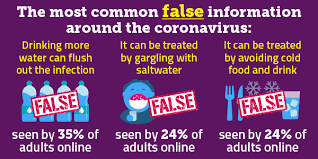 As the world is grappling with the both invisible (Covid-19) and a visible (misinformation) enemy, a collective and stringent measures against the both is the must. From the researcher’s perspectives, identifying the magnitude of misinformation in the popular social media platforms, the most vulnerable groups falling prey to it, impact of misinformation on health-related behaviours, and providing evidence of effective interventions could be the areas for future research.
As the world is grappling with the both invisible (Covid-19) and a visible (misinformation) enemy, a collective and stringent measures against the both is the must. From the researcher’s perspectives, identifying the magnitude of misinformation in the popular social media platforms, the most vulnerable groups falling prey to it, impact of misinformation on health-related behaviours, and providing evidence of effective interventions could be the areas for future research.
Dr Nirmal Aryal
Post-doctoral researcher
Faculty of Health and Social Sciences
References:
- Wang Y, McKee M, Torbica A, Stuckler D. Systematic literature review on the spread of health-related misinformation on social media. Soc Sci Med. 2019;112552.
- Balami AD, Meleh HU. Misinformation on salt water use among Nigerians during 2014 Ebola outbreak and the role of social media. Asian Pac J Trop Med. 2019;12(4):175.
- Bora K, Das D, Barman B, Borah P. Are internet videos useful sources of information during global public health emergencies? A case study of YouTube videos during the 2015–16 Zika virus pandemic. Pathog Glob Health. 2018;112(6):320–8.
- Larson HJ. The biggest pandemic risk? Viral misinformation. Nature. 2018;562(7726):309–10.
- Bode L, Vraga EK. See something, say something: Correction of global health misinformation on social media. Health Commun. 2018;33(9):1131–40.
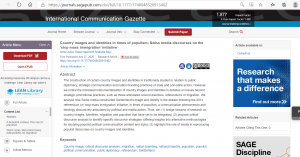
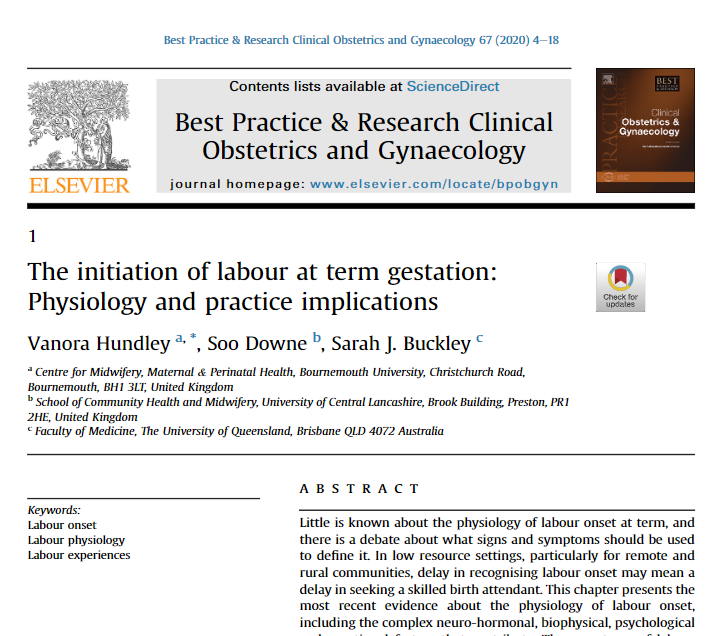

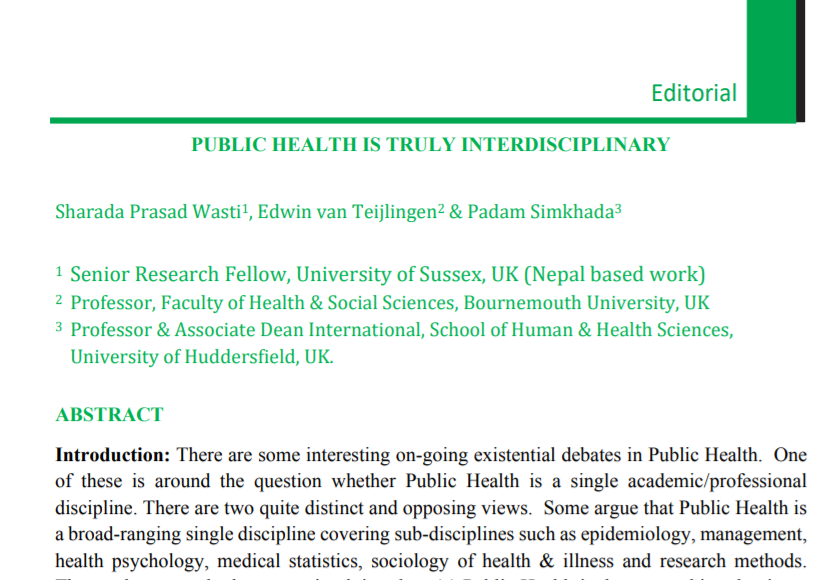

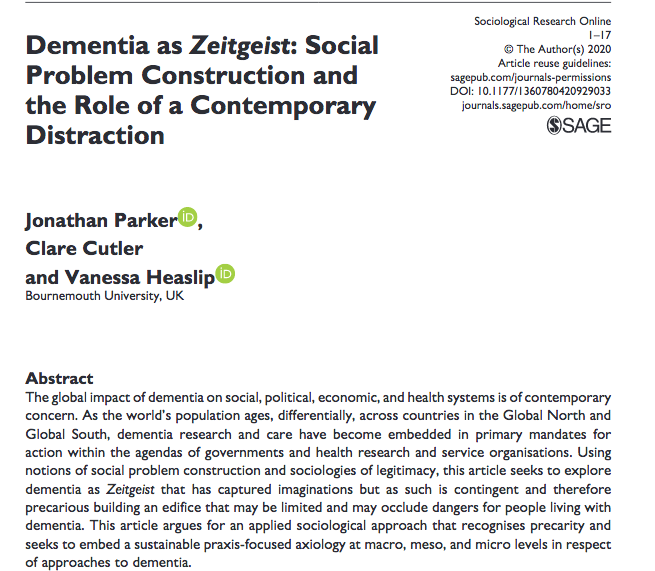




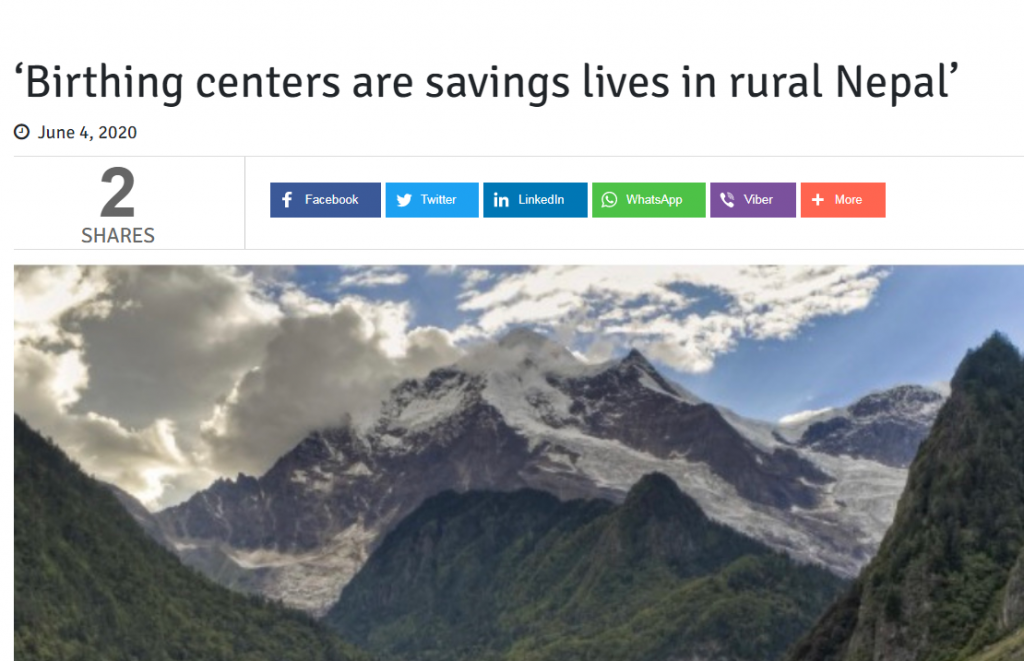

 Monday 8th June 10:00 – 12:00
Monday 8th June 10:00 – 12:00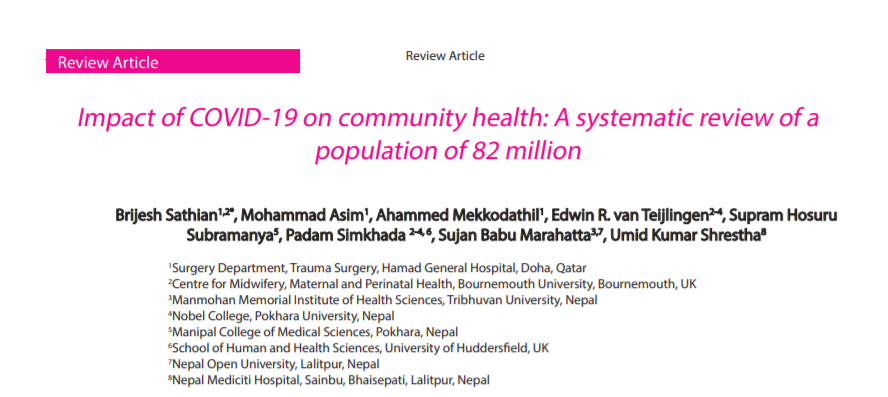
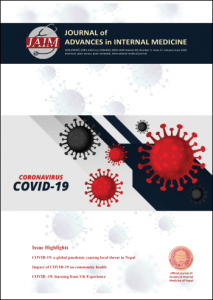
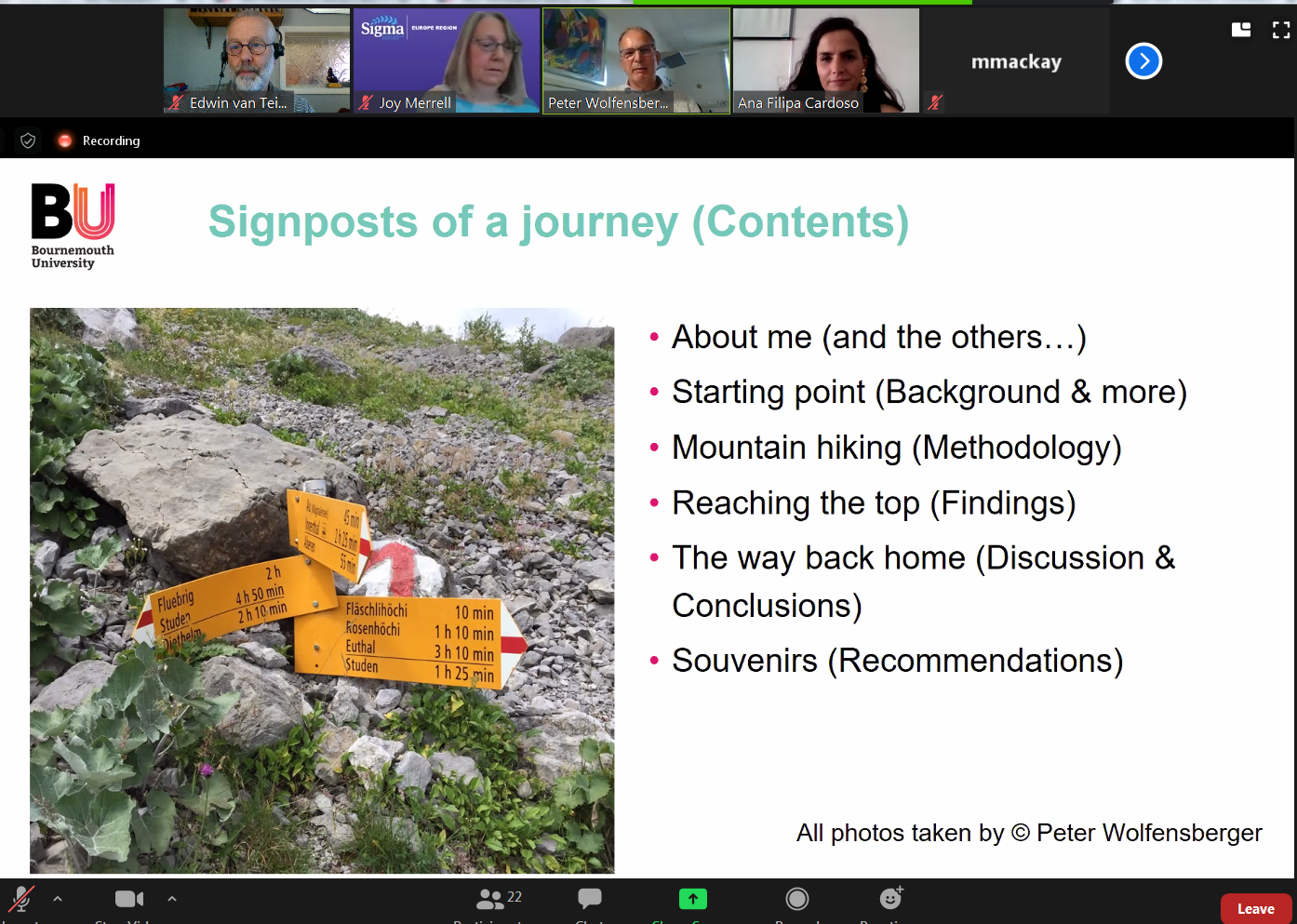
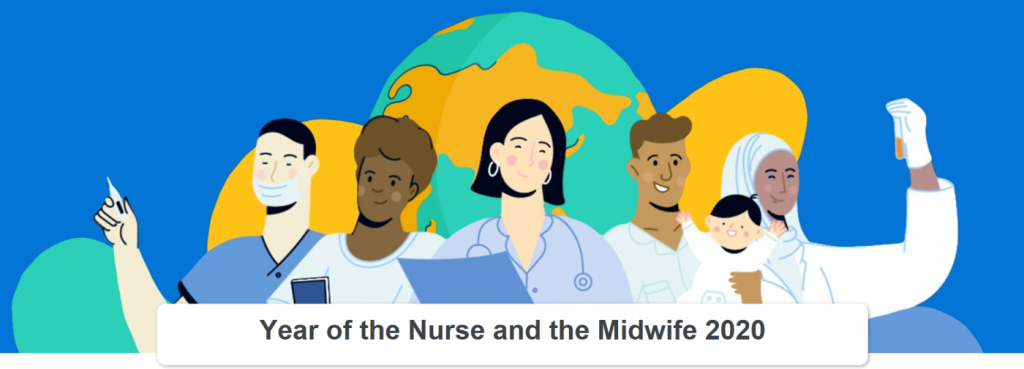
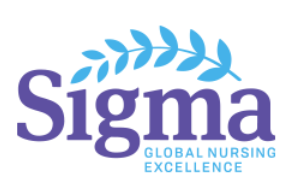



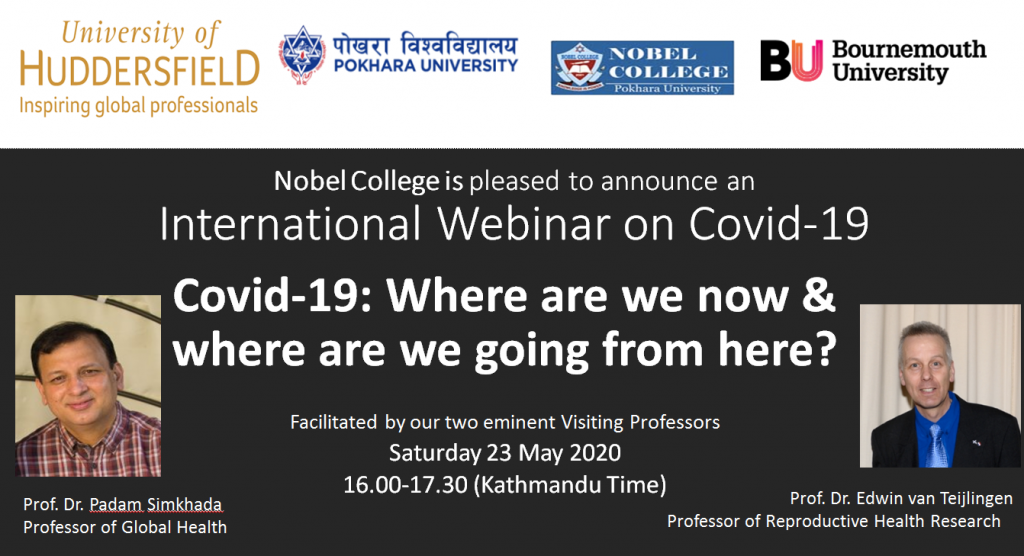
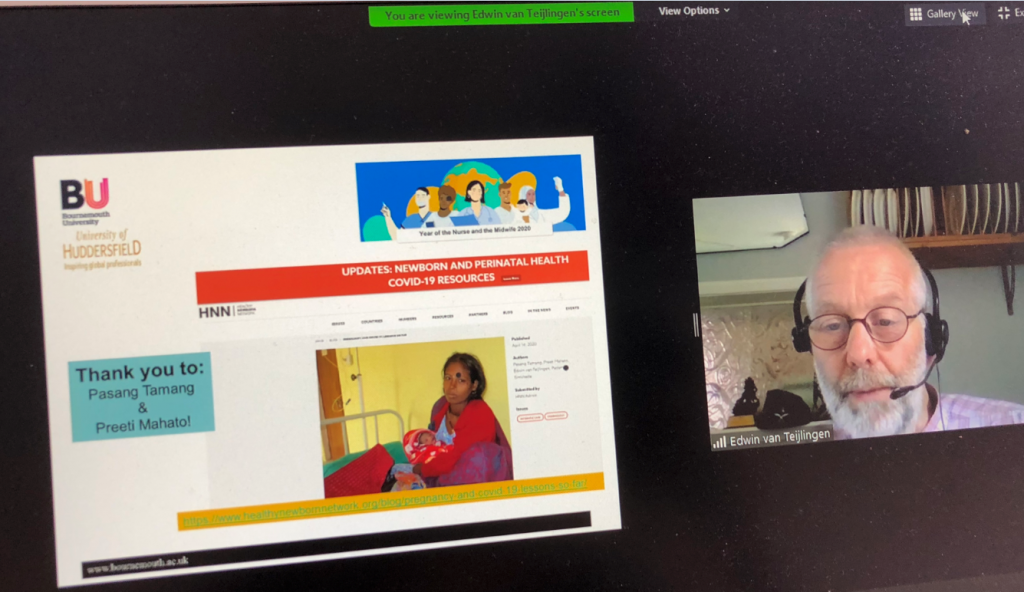


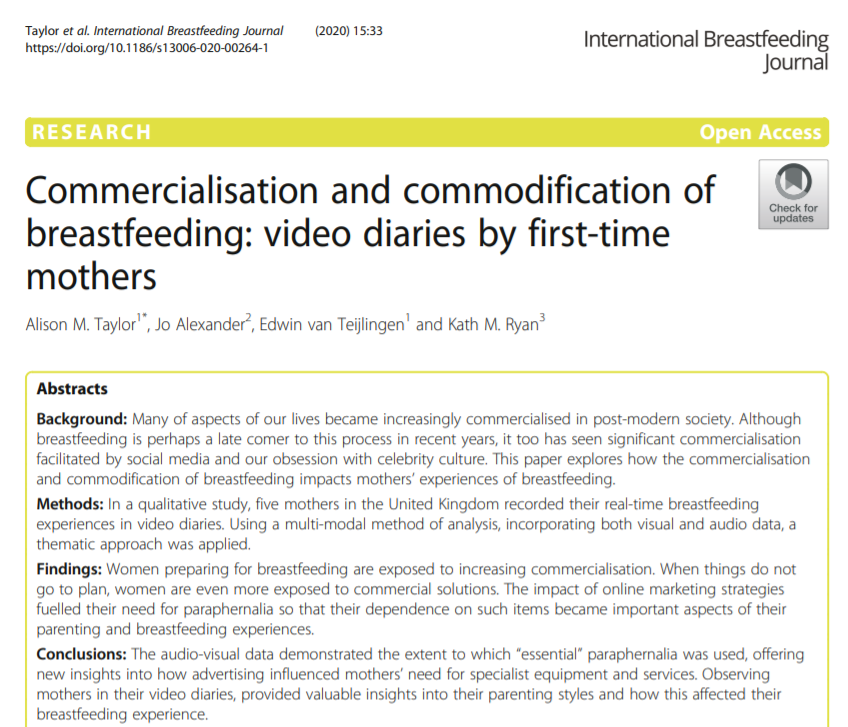
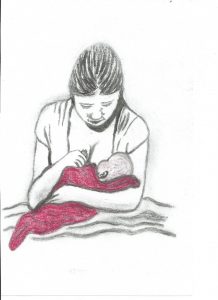
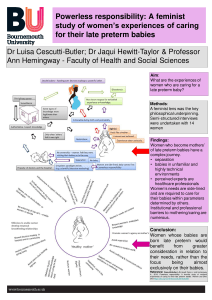
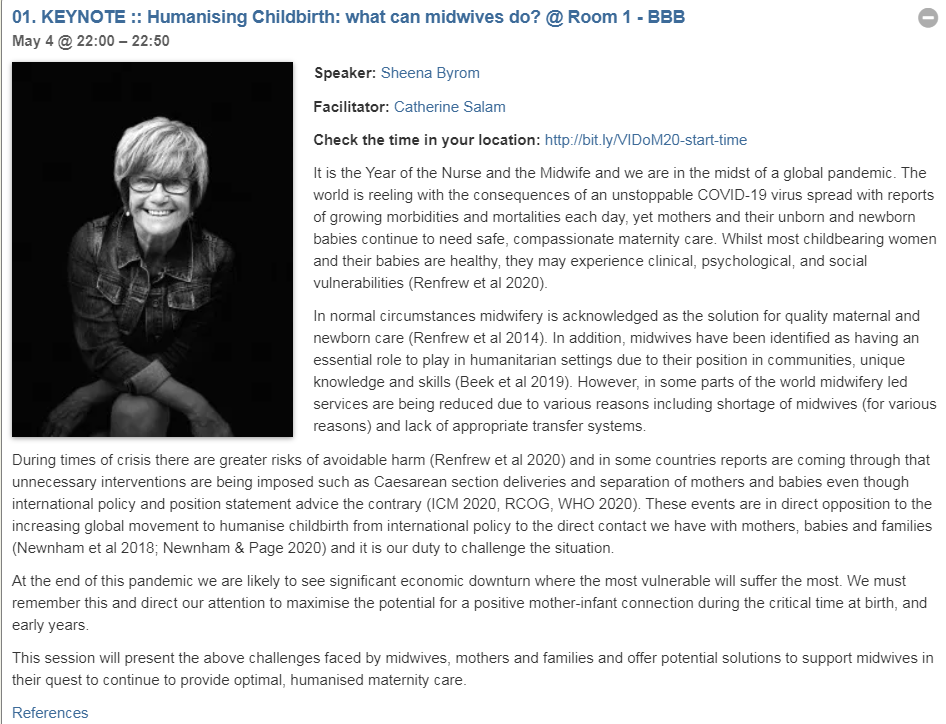
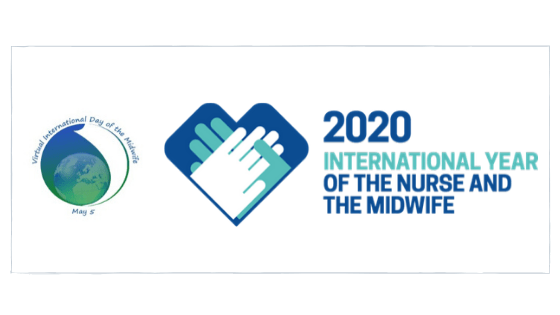











 From Sustainable Research to Sustainable Research Lives: Reflections from the SPROUT Network Event
From Sustainable Research to Sustainable Research Lives: Reflections from the SPROUT Network Event REF Code of Practice consultation is open!
REF Code of Practice consultation is open! BU Leads AI-Driven Work Package in EU Horizon SUSHEAS Project
BU Leads AI-Driven Work Package in EU Horizon SUSHEAS Project ECR Funding Open Call: Research Culture & Community Grant – Apply now
ECR Funding Open Call: Research Culture & Community Grant – Apply now ECR Funding Open Call: Research Culture & Community Grant – Application Deadline Friday 12 December
ECR Funding Open Call: Research Culture & Community Grant – Application Deadline Friday 12 December MSCA Postdoctoral Fellowships 2025 Call
MSCA Postdoctoral Fellowships 2025 Call ERC Advanced Grant 2025 Webinar
ERC Advanced Grant 2025 Webinar Update on UKRO services
Update on UKRO services European research project exploring use of ‘virtual twins’ to better manage metabolic associated fatty liver disease
European research project exploring use of ‘virtual twins’ to better manage metabolic associated fatty liver disease